

Uh oh...
It appears that you're using a severely outdated version of Safari on Windows. Many features won't work correctly, and functionality can't be guaranteed. Please try viewing this website in Edge, Mozilla, Chrome, or another modern browser. Sorry for any inconvenience this may have caused!
Read More about this safari issue.
Deer Hunting south of Fordyce, Ark.

Urban hunting conjures an image of camouflage-and-orange-clad people running through city streets with shotguns chasing rats or squirrels or other city-dwelling varmints. As amusing (and as frightening) as that sounds, residents will not see a hunter lurking through their backyards or walking down sidewalks. Urban archery hunting is a well-regulated means to control an animal population in areas experiencing damage or danger due to wildlife.
More important, the program works toward resolving a serious hunger issue in Arkansas.

A Different Kind of Hunting
September 2018 marks the beginning of the 17th Urban Archery Hunting season in Arkansas. The program helps to control the overpopulation of deer in urban areas and simultaneously feeds families all over the state.
Before hunting regulations, people gave little thought to the possibility of killing off an entire species. During westward expansion in the 1800s, it was not uncommon for wagon trains heading west to come across prairie land rife with bison carcasses, the result of the animals killed by men on previous wagon trains purely for sport. Historians estimate the bison population at that time to be 30 to 60 million. By 1880 bison were near extinction, and people began to realize the problem caused by overhunting of fish and animals.
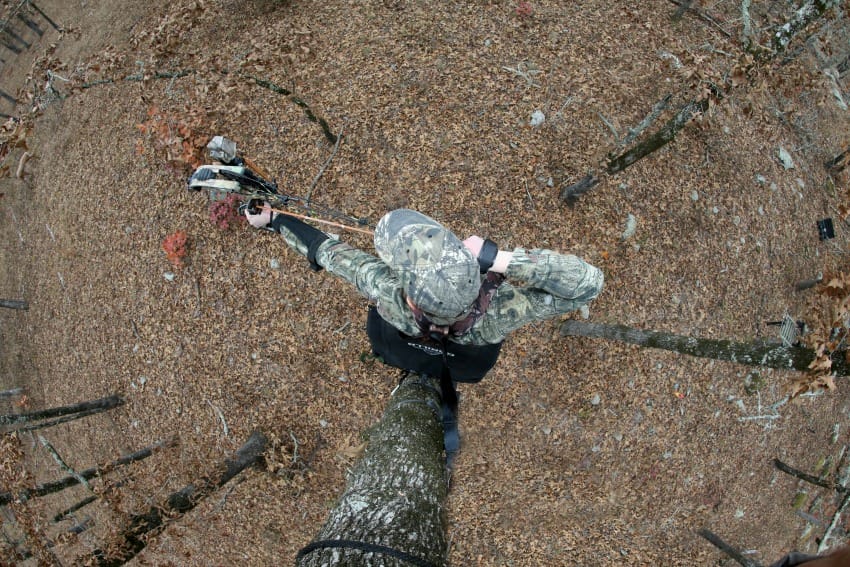
Photo Credit: Mike Wintroath/Arkansas Game and Fish Commission
In 1871, the United States Congress formed the Fish Commission with the purpose of studying the decline of fish stock and implementing a plan to increase the overall population of fish in streams and rivers across the country. The success of the program led to the reformation of the commission in 1941. Today, the United States Fish and Wildlife Service “work with others to conserve, protect and enhance fish, wildlife, plants and their habitats for the continuing benefit of the American people.”
Such regulation is necessary to ensure wildlife survival. The service maintains regulations for migratory birds and endangered species, though most rules are set and monitored by local and state laws. The Arkansas Game and Fish Commission oversees hunting across the state. This commission studies populations and collects data that enable them to set appropriate limits for different hunting zones.
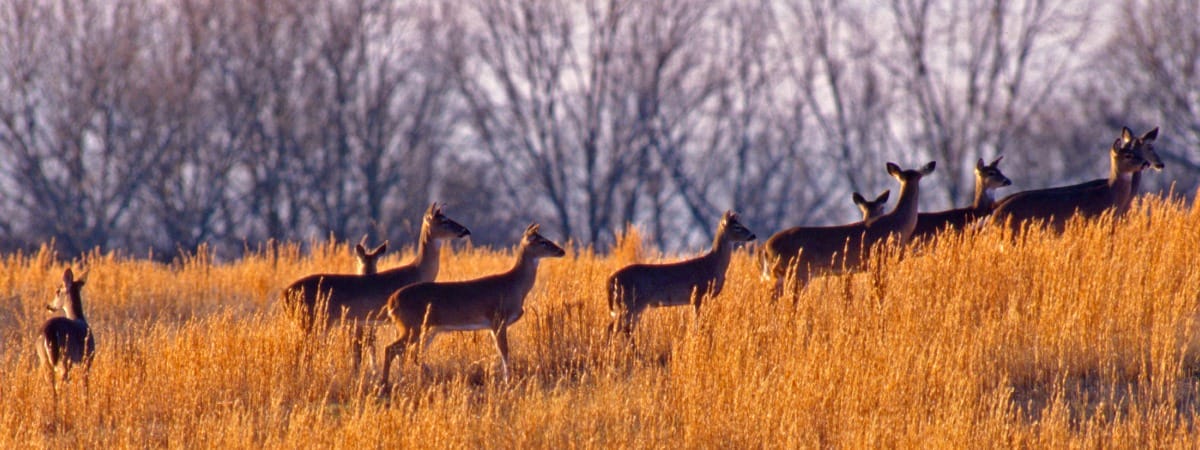
Historical Change
Hunting once meant survival. Without the food provided by hunters, families could suffer from starvation, malnutrition and diseases. Today, hunting in the United States is less about survival and more about wildlife management and the preservation of an outdoor tradition — a tradition now regulated to balance the conservation of wildlife.
Such conservation has allowed some species to flourish, creating additional hunting opportunities. According to the Arkansas Bow Hunters Association website, urban hunting is necessary:
“Deer that were once considered cute little creatures are now growing in numbers and becoming a menace to the urban homeowner. These once cute and cuddly creatures are tearing up gardens, spreading disease, and causing millions of traffic accidents every year.”
The hunting organizations partnered and created a set of rules that would allow for the safe and ethical control of deer populations, especially in more populated urban areas. In 2001, the first Urban Archery Hunt took place in Bull Shoals and Lakeview, Arkansas and now also occurs annually in Fairfield Bay, Cherokee Village, Horseshoe Bend, Russellville, Heber Springs and Hot Springs Village. They hope to add more cities in time for the 2019 season.
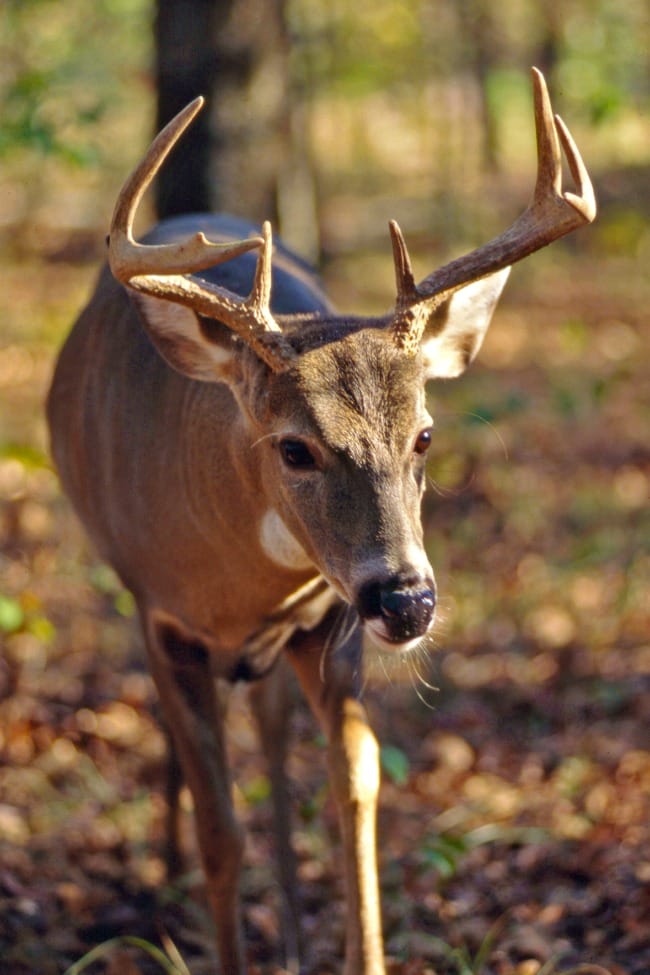
Urban Archery Hunting to Feed the Hungry
As officials drafted plans for the hunt, they recognized an opportunity to also provide for Arkansans in need. Partnering with Arkansas Hunters Feeding the Hungry allowed participants of the archery hunt to give nearly 50,000 pounds of food to Arkansas’s most needy citizens each year.
Urban archery hunting is not a free-for-all; strict regulations ensure the safety of both hunters and citizens. Hunters interested in participating in the Urban Hunt must register and pass the International Bowhunters Education Program. It includes a written portion and a field test. All hunters must attend a mandatory orientation and pass a shooting proficiency test. They must also be at least 16 years old and possess a valid AGFC Sportsman hunting license.
Urban Archery Hunting in Arkansas began on Sept. 1 and will continue through the end of February (except for Hot Springs Village which will close its season this year Dec. 15). Each city limits the number of participating hunters to about 100 but sets no limits on the number of deer that each hunter may take. Hunters are required to follow all local regulations and must donate their first deer. Many hunters choose to donate more.
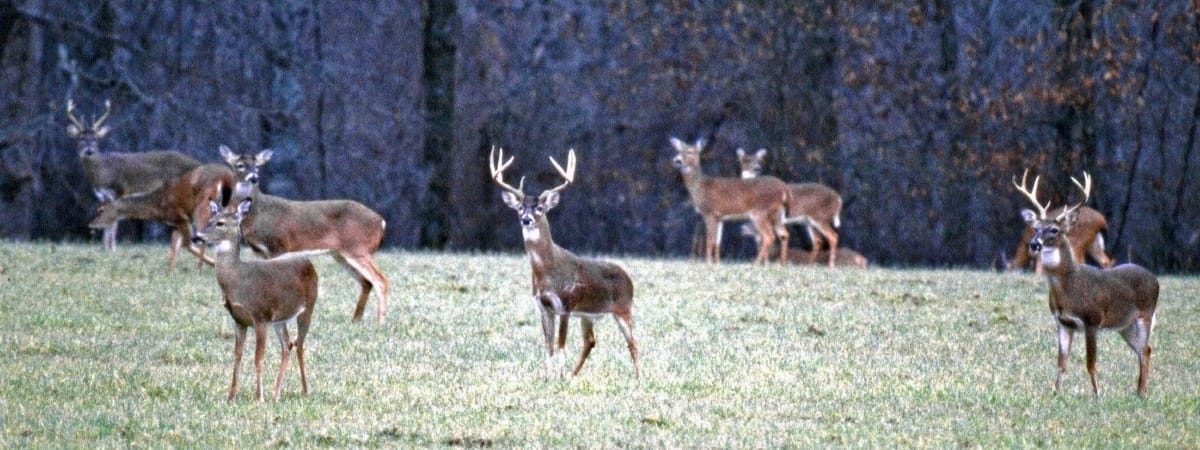
Hunters who wish to contribute deer can take field-dressed deer to any of the participating processors across the state. Some processors will skin the deer for free or may ask you to pay a small skinning fee. Arkansas Hunters Feeding the Hungry covers the remainder of the processing costs. The meat is ground and sent to food banks and soup kitchens across the state.
Dwayne Spangler, President of Arkansas Bow Hunters Association, hunts with several others in his area.
“We make it a competition of sorts. After everyone has donated their first deer, every fourth deer — no matter who shot it — gets donated as well. Every year we have plenty to fill our freezers, and we each end up donating several deer as well.”
The 600 hunters who participate in Urban Archery Hunting provide approximately 50,000 pounds of donated deer every year. Since 2000, this hunt, along with donations by other hunters, Arkansas Hunters Feeding the Hungry has served 3 million meals.
Special thanks to Dwayne Spangler, President of ABA and owner of Izard County Stick Shooters and Ronnie Ritter, Executive Director of AHFH, for their expertise and knowledge.
Cover Photo Credit: Mike Wintroath/Arkansas Game and Fish Commission
Join the Conversation
Leave a Comment
One response to “Urban Archery Hunting in Arkansas”
 Leave a Reply
Leave a Reply
We do the work.
You check your email.
Sign up for our weekly e-news.
Get stories sent straight to your inbox!
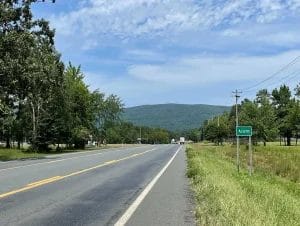
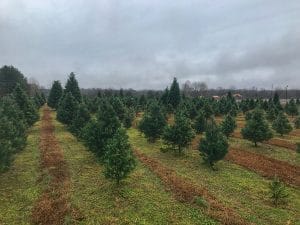







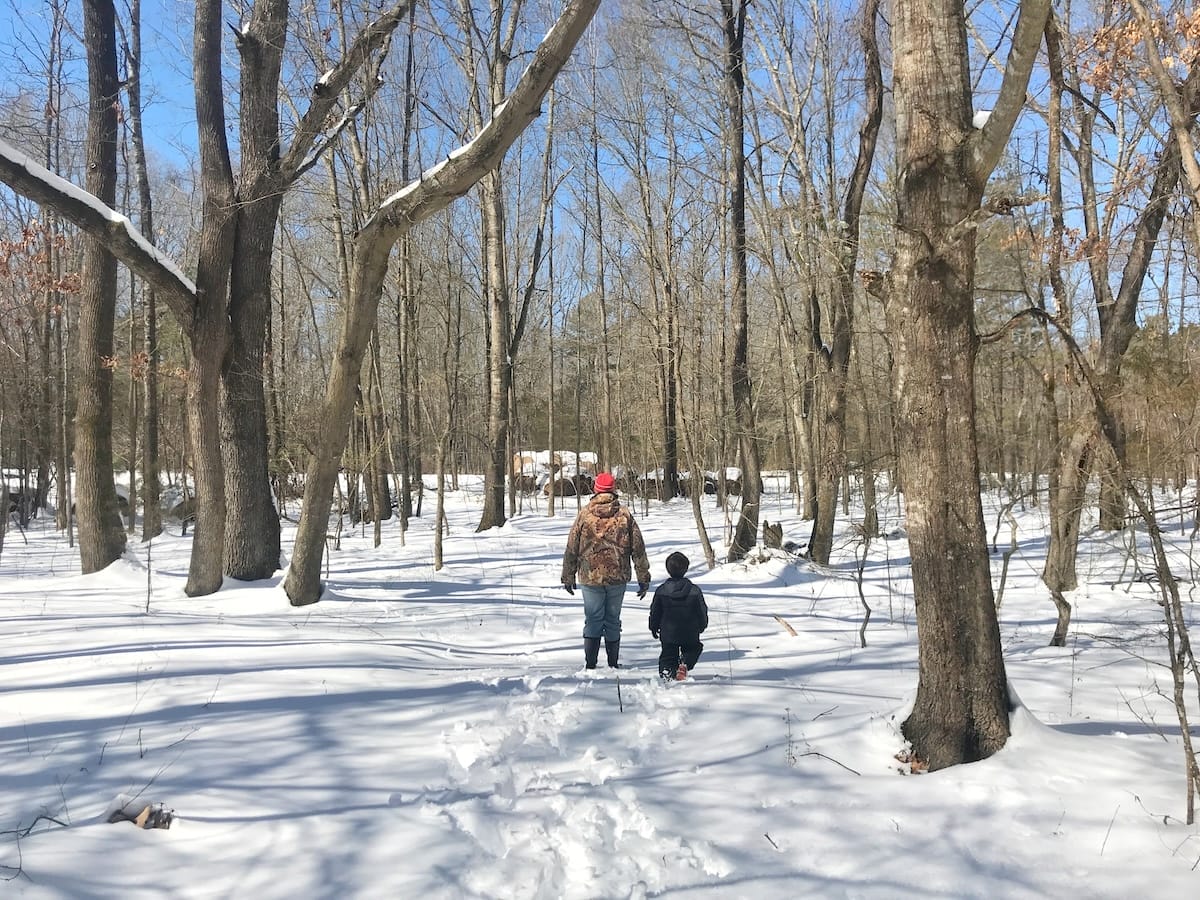

 Leave a Reply
Leave a Reply
[…] Urban Archery Hunting Arkansas River Valley Nature Center Arkansas Elk Viewing 101 […]